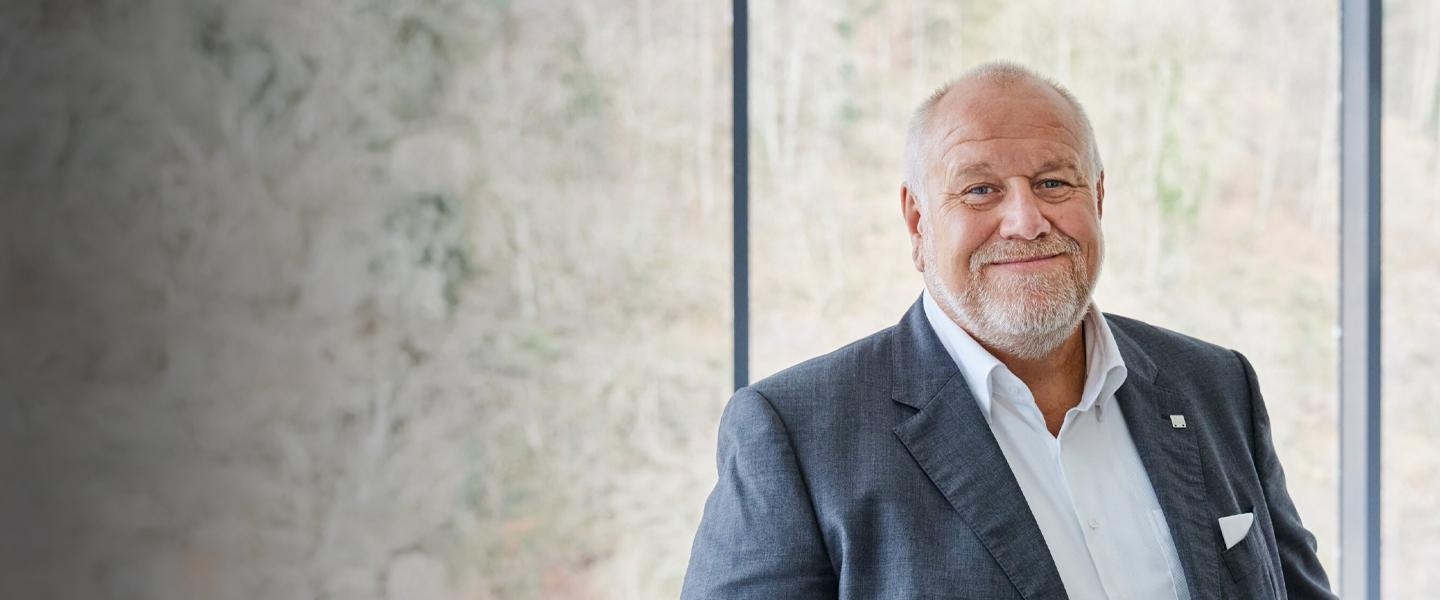Prokon (B): Gone with the wind
This case is about a German company, active in developing and exploiting windfarms and other sources of renewable energy. What makes this company interesting is that it relied on less conventional ways of financing, issuing Profit Participation Certificates (PPCs) instead of bonds or shares. The company mainly targeted individual investors, and offered them certificates with an annual return between 6% and 8%. The company was fairly successful in attracting these “household investors”, growing the invested capital roughly by 50% year on year. This type of funding is sometimes referred to as “crowdlending”. Based in Itzehoe, near Hamburg in Germany, Prokon was founded in 1995 by Carsten Rodbertus. The company was established to leverage sources of renewable energy in order to secure a sustainable, environmentally sound and responsible energy supply. In 2011 Prokon’s portfolio consisted of projects and concepts for a future free from dependency on the “potentially harmful and limited”1 resources of oil, natural gas, coal and nuclear power. The company invested in wind energy, biofuel and biomass. Most of its resources were focused on planning, financing, building and managing (technically and commercially) wind farms, as well as on selling electricity to end customers. Case A takes the perspective of a prospective investor, Ms. Müller, and ends with the question whether or not to invest in Prokon PPCs. Case B picks up when PPC holders have already begun to cancel their investments en masse and Prokon is on the brink of bankruptcy, following increasing claims of a Ponzi scheme. Panic and uncertainty set the tone of the situation.
The case provides students with an opportunity to discuss important questions regarding alternative investments, shadow banking, and its risks. Also, why has Prokon chosen PPCs over conventional capital raising methods (e.g. shares)? What should individual investors have considered before investing? Could they have known about the flawed model? Was it realistic to expect individual investors to adequately consider the risks before buying? Should the German government regulate PPCs?
Finance and Insurance, Banking
Cranfield University
Wharley End Beds MK43 0JR, UK
Tel +44 (0)1234 750903
Email [email protected]
Harvard Business School Publishing
60 Harvard Way, Boston MA 02163, USA
Tel (800) 545-7685 Tel (617)-783-7600
Fax (617) 783-7666
Email [email protected]
NUCB Business School
1-3-1 Nishiki Naka
Nagoya Aichi, Japan 460-0003
Tel +81 52 20 38 111
Email [email protected]
IMD retains all proprietary interests in its case studies and notes. Without prior written permission, IMD cases and notes may not be reproduced, used, translated, included in books or other publications, distributed in any form or by any means, stored in a database or in other retrieval systems. For additional copyright information related to case studies, please contact Case Services.
Research Information & Knowledge Hub for additional information on IMD publications
Research Information & Knowledge Hub for additional information on IMD publications
in I by IMD
Research Information & Knowledge Hub for additional information on IMD publications
in I by IMD
Research Information & Knowledge Hub for additional information on IMD publications
in I by IMD
Research Information & Knowledge Hub for additional information on IMD publications
Research Information & Knowledge Hub for additional information on IMD publications
Research Information & Knowledge Hub for additional information on IMD publications
in I by IMD
Research Information & Knowledge Hub for additional information on IMD publications
in I by IMD
Research Information & Knowledge Hub for additional information on IMD publications
Research Information & Knowledge Hub for additional information on IMD publications
Research Information & Knowledge Hub for additional information on IMD publications











